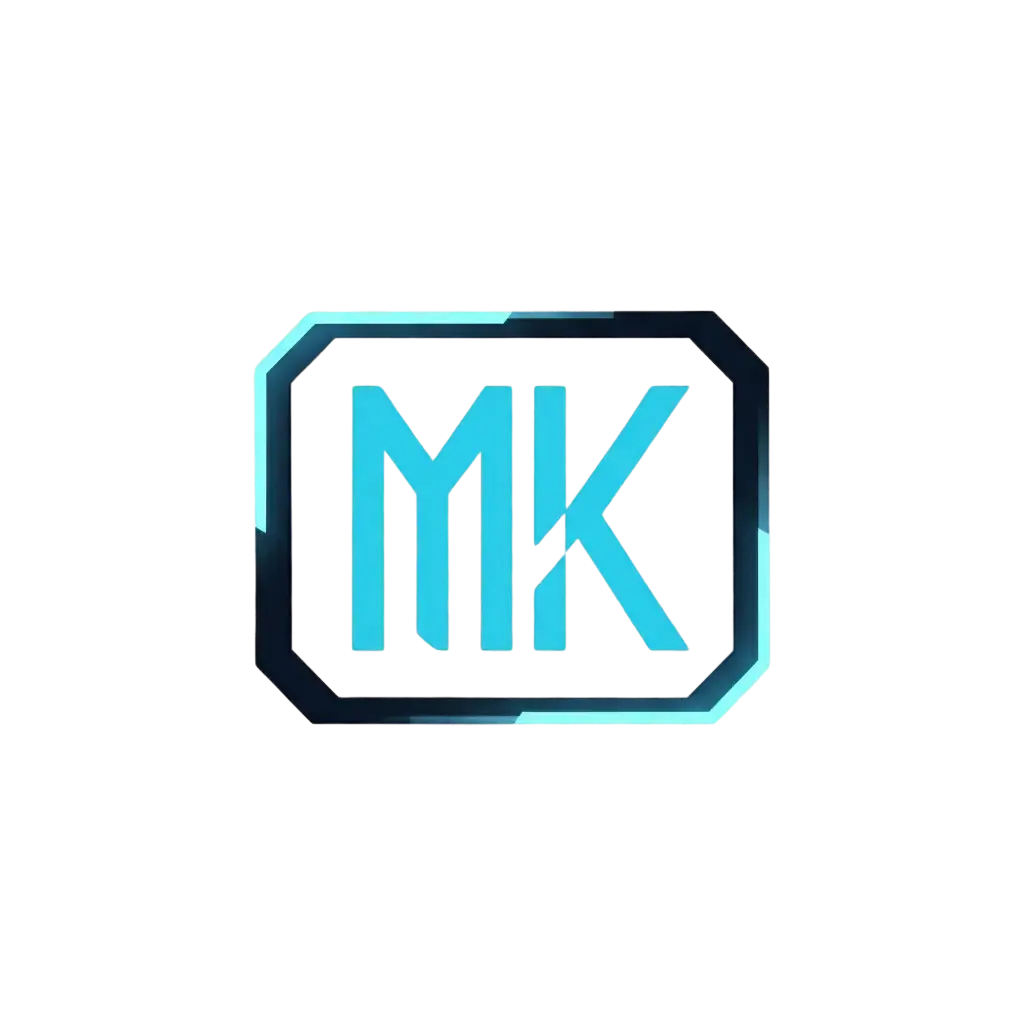
SYSTEM LOADING
0%
SYSTEM INITIALIZATION
Loading system resources...
Home
Main system portal and dashboard overview with real-time status monitoring.
Access
Blog
Technical articles, tutorials and insights on development, design and technology.
Expand
Showcase
Project archive and portfolio display with detailed case studies.
View
Contact
Communication protocols and secure contact establishment procedures.
Connect